
1453 – Ottoman Sultan Mehmed II, making skillful use of cannon and other gunpowder weapons, captured Constantinople (today known as Istanbul), destroying the great Eastern Christian Empire of the Byzantines that had lasted over a millenium. With its fall, Mehmed claimed the title of Caeser and converted the second most historic church in Christendom, the Hagia Sophia built in 532 A.D., into a mosque. Islam, which since its founding had been spread by wars of conquest over Christian lands faster than any other imperialist force before or since, would continue to spread by the sword for another two centuries, reaching its high water mark just outside the gates of Vienna, Austria in 1683.
1660 – English Restoration - Charles II was restored to the throne of Great Britain, reestablishing the monarchy after the English Civil War and the Interregnum period overseen by the Lord Protector of the Commonwealth, Oliver Cromwell. As a condition of his return, Charles II promised in the Declaration of Breda to agree to "a free parliament, by which, upon the word of a king, we will be advised" and religious toleration.
1765 - Patrick Henry, only nine days after being seated in the Virginia legislature at Williamsburg, introduced the Virginia Stamp Act Resolutions. It was possibly the most anti-British American political action to that point, and some credit the Resolutions with being one of the main catalysts of the Revolution. The proposals were based on principles that were well established British rights, such as the right to be taxed by one's own representatives. They went further, however, to assert that the colonial assemblies had the exclusive right to impose taxes on the colonies and could not assign that right. He finished his speech with the now famous line, "Caesar had his Brutus; Charles the First his Cromwell; and George the Third may profit by their example. If this be treason, make the most of it!"
1780 – At the Battle of Waxhaws, British Lieutenant Colonel Banastre Tarleton massacred 113 American soldiers under the command of Colonel Abraham Buford after they had surrendered. Tarleton would later be the basis for the antagonist in the Mel Brooks film, The Patriot, a fictional story loosely based on the great Revolutionary War commander Francis Marion, the "swamp fox," one of the founding fathers of the world's most elite fighting force, the United States Army Rangers.
1790 – Rhode Island becomes the last of the original United States colonies to ratify the Constitution and is admitted as the 13th U.S. state.
1886 – Chemist John Pemberton places his first advertisement for Coca-Cola, the ad appearing in the Atlanta Journal.
1942 – Bing Crosby records Irving Berlin's "White Christmas", the best-selling Christmas single in history.
1943 - Meat & cheese rationed in US
1945 - US 1st Marine division conquerors Shuri-castle Okinawa
1948 – Creation of the United Nations Peacekeeping Force the United Nations Truce Supervision Organisation
1953 – Sir Edmund Hillary and Sherpa Tenzing Norgay are the first people to reach the summit of Mount Everest, on Tenzing Norgay's 39th birthday.
1964 – The Arab League meets in East Jerusalem to discuss the Palestinian situation in Israel, leading to the formation of the Palestinian Liberation Organization.
1982 – Pope John Paul II becomes the first pontiff ever to visit Canterbury Cathedral.
1988 – President Ronald Reagan begins his first visit to the Soviet Union as he arrives in Moscow for a superpower summit with Soviet leader Mikhail Gorbachev.
1990 – Boris Yeltsin is elected president of the Russian SFSR by the Russian parliament.
Births
1736 – Patrick Henry, American patriot, statesman, and orator. One of his most famous acts is discussed above.
1874 – G. K. Chesterton, English novelist (d. 1936)
1903 – Bob Hope, British-born comedian and actor (d. 2003)
1917 – John F. Kennedy, 35th President of the United States
1957 – Ted Levine, American actor. I watched this guy for six years play the police captain in Monk before realizing that he was the same actor who played the psychopathic transexual wanna-be Buffalo Bill in Silence of the Lambs.
Deaths
1453 – Constantine XI Palaeologus, last Byzantine Emperor, who died making a final charge against the Turks at the seige of Constantinople. He was beheaded by the Turks and his head sent to Asia Minor as proof of his death.
1790 – Israel Putnam, American Revolutionary War general (b. 1718)
1866 – Winfield Scott, American general (b. 1786)
1939 – Ursula Julia Ledochowska, Polish-Austrian Catholic saint (b. 1865)
Holidays
Today is International Day of United Nations Peacekeepers
And in the UK, its Oak Apple Day, a holiday established in 1660 to celebrate the English Restoration, though seldom celebrated in the modern era.
Feasts
Today is the feast of Saint Maximinus of Trier, a 4th century French bishop who is today invoked as protection against perjury, loss at sea and destructive rains.
And it is the feast of Saint Alexander of Alexandria, the 19th Pope of Alexandria who held that post from 313 A.D. until his death in 326 A.D. He took part in the First Council of Nicea, organized at the direction of Constantine to organize Christianity, standardize practices and agree on biblical texts.
Art: The Seige of Constantinople, painted 1499, painter unknown.![]()
Friday, May 29, 2009
This Day In History - May 29
Posted by
GW
at
Friday, May 29, 2009
![]()
Labels: Charles II, Constantinople, Francis Marion, History - May, Mehmed II, Patrick Henry, Tarleton
Subscribe to:
Post Comments (Atom)














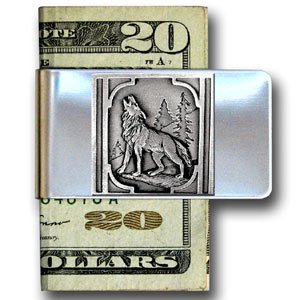



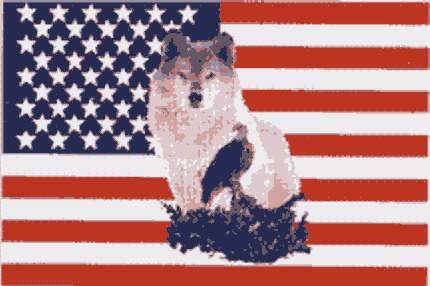







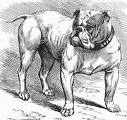


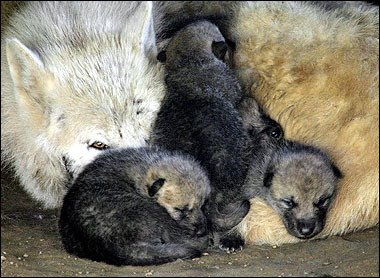













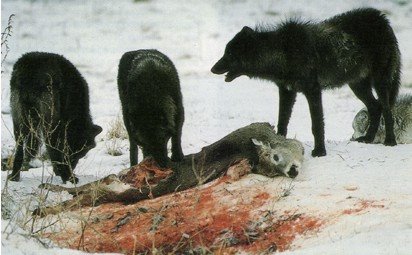

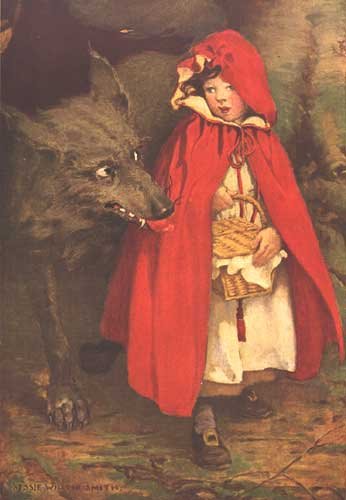
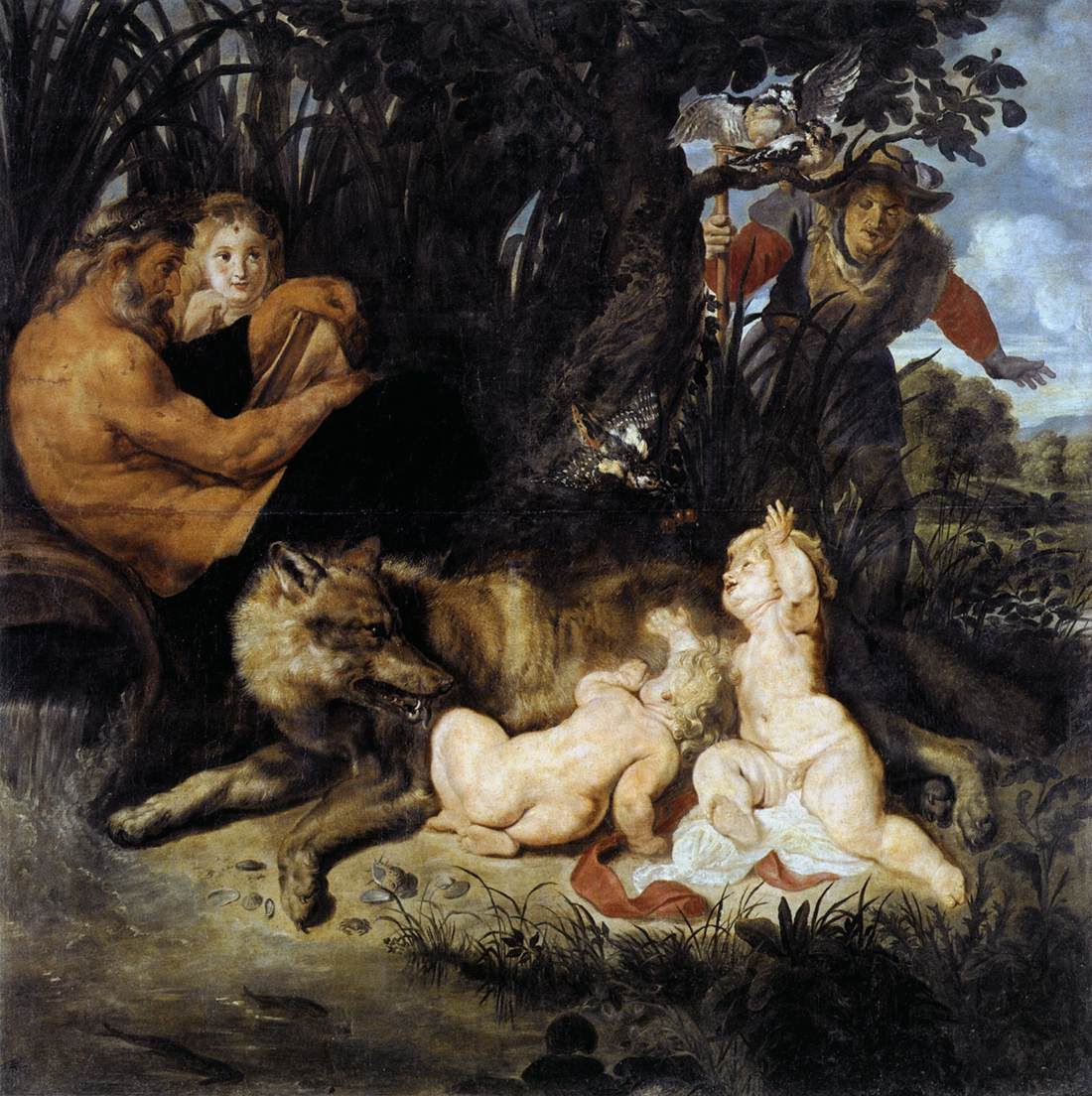
No comments:
Post a Comment